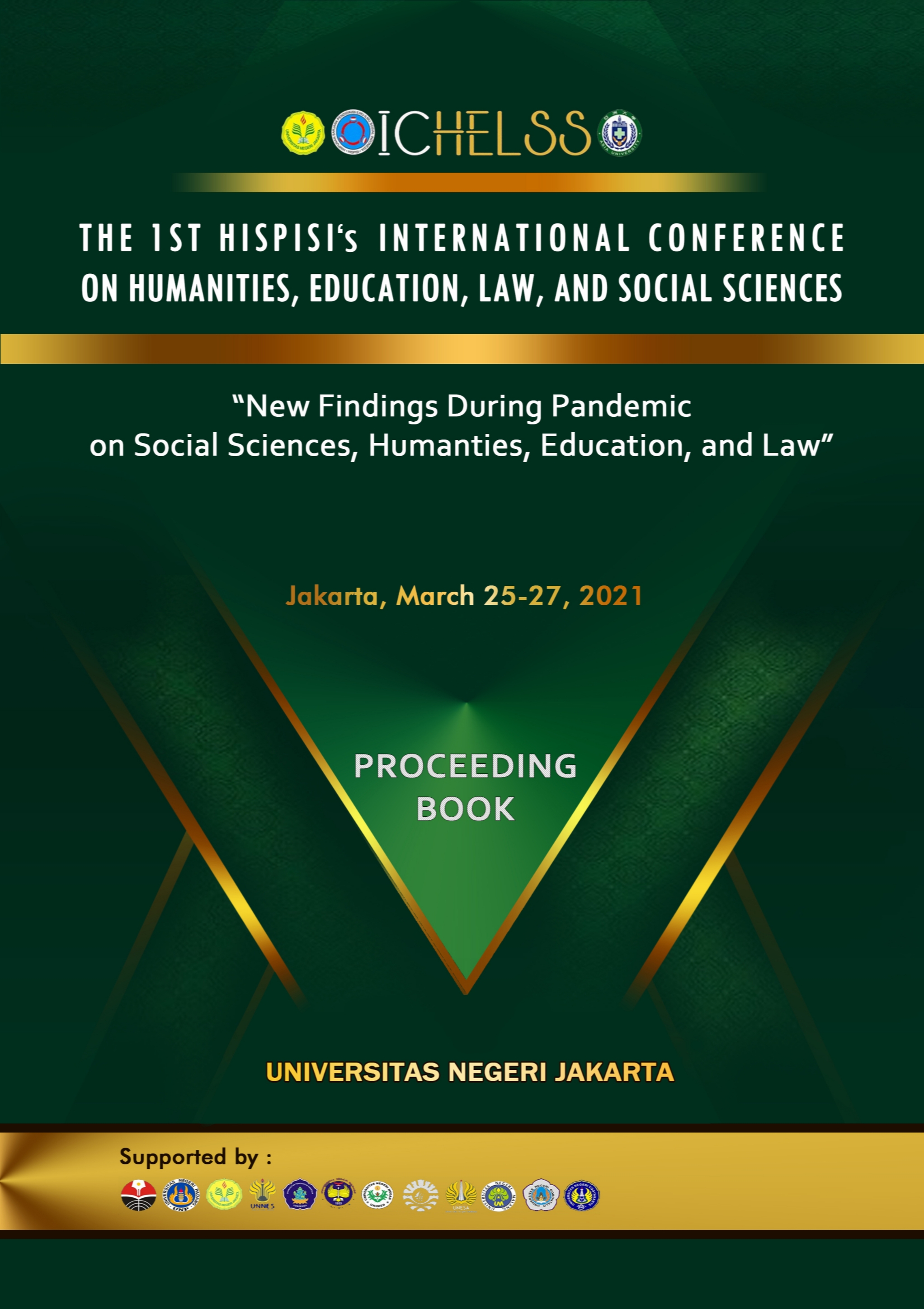Apply Spiritual Care within the Independent Advocacy Service Training Program for the Elderly Care in Taiwan
Abstract
The Independent Advocacy Service Training Program (IASTP) was operated for the Independent Advocacy System working for those elderly living in institutions in Taiwan. This research was based on the IASTP with 12section/48-hour peryear continuing training and evaluated the applying the topic of spiritual assessment and spiritual care skills with 4-section/12-hour among in IASTP, in 2020. There were 58 independent advocate caregivers who participated in this training program. It used the “Advocacy and Care Spirituality Assessment Form, ACSAF”, which included four dimensions of “faith-oriented”, “reconciliation with the past”, “life-oriented”, and “family-oriented” to assess the participators’ spirituality. The results were conducted with the Social Science Statistics Software (SPSS) 22.0 for the statistical analysis. The participators most
were females (82.8%), above 60-year-old (29.3%), bachelor’s degree (55.4%), Christian belief (34.5%), and in marriage (56.9%). The result of in four dimensions of the ACSAF were different from their social characteristics: in gender, male and female were not different in four dimensions of ACSAF; in term of marriage, in the dimension of “faith-oriented”, group of “single” was significant different from the group of “had been in a marriage relationship” (t = -2.115*), and people had been in a marriage relationship were higher agree than single; in term of religion/faith, group of “Christianity” was strong significantly different from the group of “non-Christian” (t=7.01***) in “faith-oriented”, and “Christianity” group got higher agree than “non-Christianity” group; in term of education, , there was significant different among the different education background (F=3.242*) in “reconciliation with the past”, and people who got higher education showed more happiness, attempt, proud of themselves; in term of age, it has significant different among the group (F=1.362*) in “familyoriented”, and older people had higher agree than younger ones.
Keywords: Independent Advocacy System Service, Independent Advocator Caregiver, Spiritual Care


